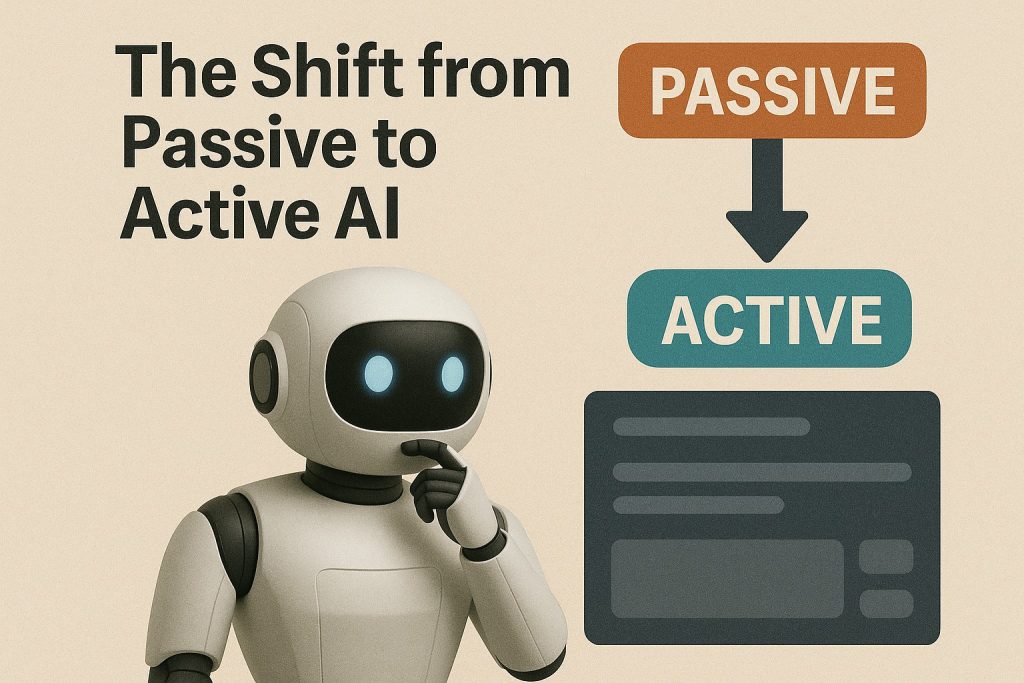Artificial Intelligence is no longer just a background assistant; it’s rapidly transforming into a personalized companion that remembers, adapts and enhances our daily lives.
In the ever-changing world of technology, AI is undergoing a remarkable transformation. Once viewed as a simple tool, AI is now becoming a more personalized companion. This shift is reshaping how users interact with technology and it’s crucial for both consumers and businesses to understand its impact.
Just a few years ago, AI primarily functioned as a passive assistant. It followed pre-programmed rules, offering limited customization. For example, a voice assistant might have recognized your voice but forgotten your preferences the next time you asked for help. That’s changing fast.
From Tools to Companions: A Big Shift
According to a recent piece in The Wall Street Journal, AI systems are now moving towards “personalized companions” that remember user interactions, preferences, and contexts (wsj.com). This evolution brings AI closer to a “Cheers” bartender always ready to greet you by name and remember your favorite drink, than a forgetful friend.
So, why does this matter? For starters, it means more tailored experiences. Think of AI that remembers your reading preferences, suggests articles you’d love and even picks up on your tone and emotions. These systems learn from your habits and improve over time, making every interaction feel more human.
Why Personalization Matters
Businesses stand to gain big from this shift. Personalized AI tools can increase customer satisfaction, improve engagement, and build loyalty. When users feel understood and valued, they’re more likely to stick around. That’s why many companies are investing heavily in AI personalization.
However, this evolution also comes with challenges. Privacy concerns are at the forefront. With AI systems remembering more about us, how can we be sure our data is secure? Striking a balance between personalization and privacy is now more important than ever. According to a report from Harvard Business Review, companies need to build trust by being transparent about how they collect and use data (hbr.org).
Moreover, ethical considerations play a key role. Bias in AI training data can lead to unintended consequences. For example, an AI trained on biased data might unfairly treat users differently based on race, gender or background. Tech leaders must prioritize fairness and inclusivity to ensure these personalized companions don’t become problematic.
Looking Ahead: A Personalized AI Future
The potential for personalized AI is vast. Experts predict that AI companions could soon be integrated into everything from healthcare to education. In healthcare, they might track your medical history and offer proactive wellness advice. In education, they could tailor learning materials to each student’s needs, improving outcomes and engagement.
While the journey towards personalized AI companions is exciting, it requires careful planning. Developers must consider user trust, data privacy and ethical use of technology. As AI becomes more integrated into our lives, these factors will define whether AI remains a helpful companion or becomes a source of concern.
In conclusion, the shift from passive tool to personalized companion marks a pivotal moment for AI. With proper safeguards and ethical design, AI can enhance our daily lives and build stronger connections between people and technology.
As we embrace this new era, let’s ensure we do so responsibly; where AI companions empower, not exploit and where personalization feels like a friend, not a foe.


